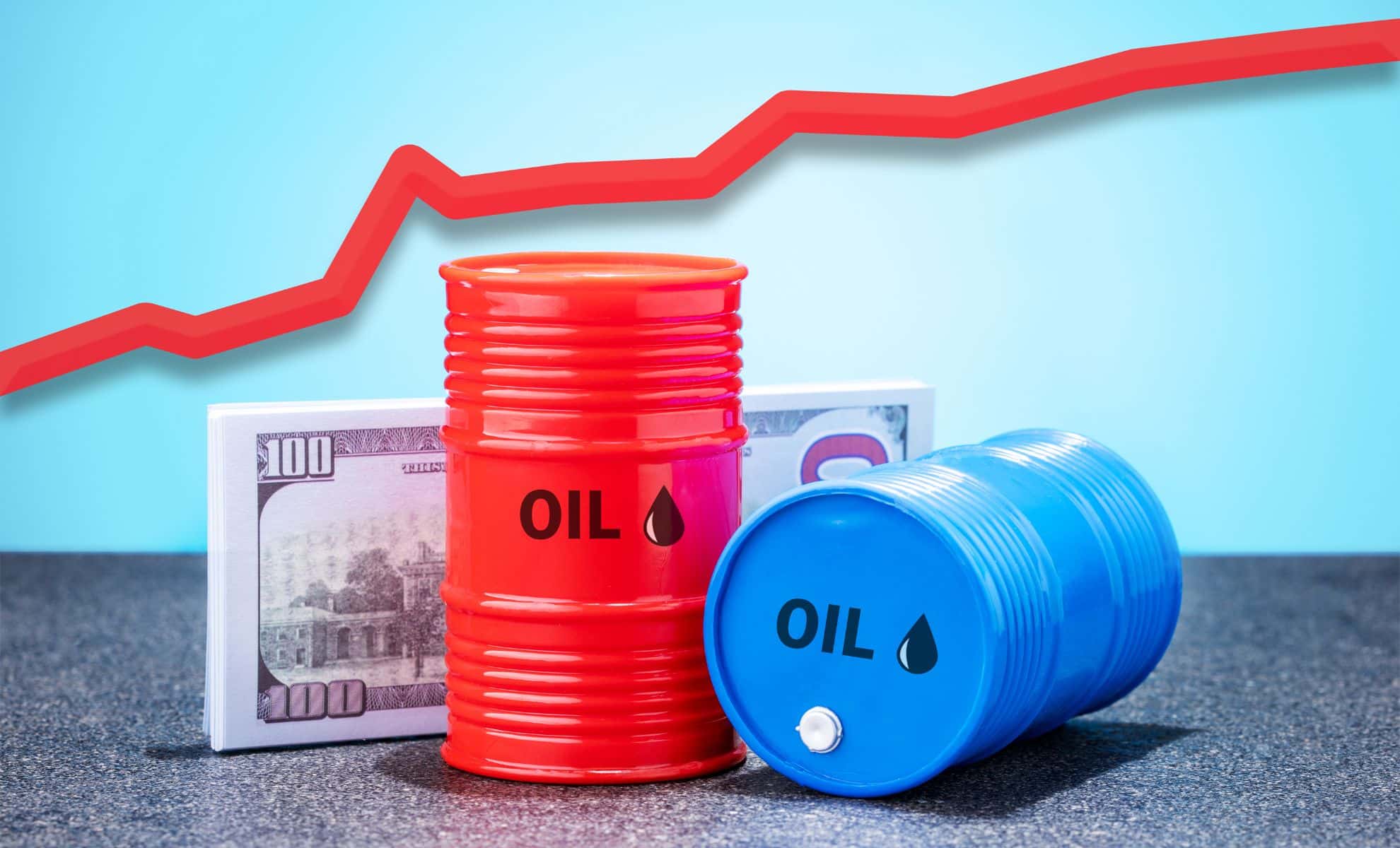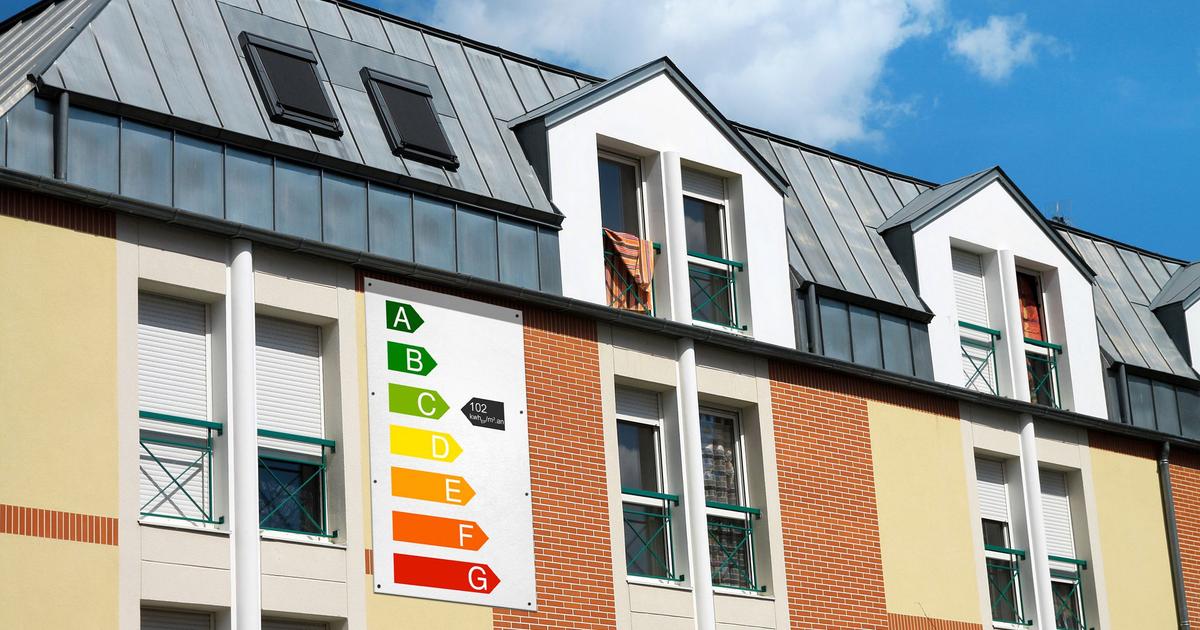Oil prices have surged following Houthi attacks in the Red Sea

Volatility in oil markets has become chronic. Crude oil prices have been going up and down in recent days. After each rebound there is a significant drop. For several days, prices have been below $80.
However, this Wednesday, February 7, there was a relative increase in oil prices. Markets are still suspended on the evolution of tensions in the Red Sea. A situation that is at the root of price hikes. Indeed, oil prices have risen and recovered part of their losses from the previous days.
barrel of Brent, The Algerian oil benchmark, was sold to 78.95 is American dollars and American crude West Texas Intermediate has 73.67 American dollars. Prices are affected by the geopolitical risk premium after fresh attacks by Houthi rebels on merchant ships. Furthermore, investors are waiting. They are checking the progress of the ceasefire project in Gaza.
Crude oil is expanding, explains Mirabaud analyst John Plassard. “Previous session gains amid concerns that rising tensions in the Middle East could disrupt oil supplies in the region.”
Indeed, Yemen’s Houthi rebels fired six missiles at two merchant ships on Tuesday, slightly damaging one of the two buildings, according to the Pentagon. The attacks confirm that the situation in this important passage for commercial ships is still tense.
Red Sea Attacks Increase Oil Prices
Actions and reactions between the Houthis and the coalition formed by the United States to secure this passage are happening daily, forcing many ship owners to avoid the Red Sea to save their time. On the other hand, investors are still wondering about the progress of the Gaza ceasefire plan, leading them to reassess the geopolitical risk in the region.
Additionally, other economic factors add to this situation in the Red Sea. Indeed, “weakening expectations of an immediate interest rate cut from the US Federal Reserve (Fed) and continued concerns about China’s economic recovery” continue to control crude prices, “weighing on the global demand outlook,” notes John Plassard. .





